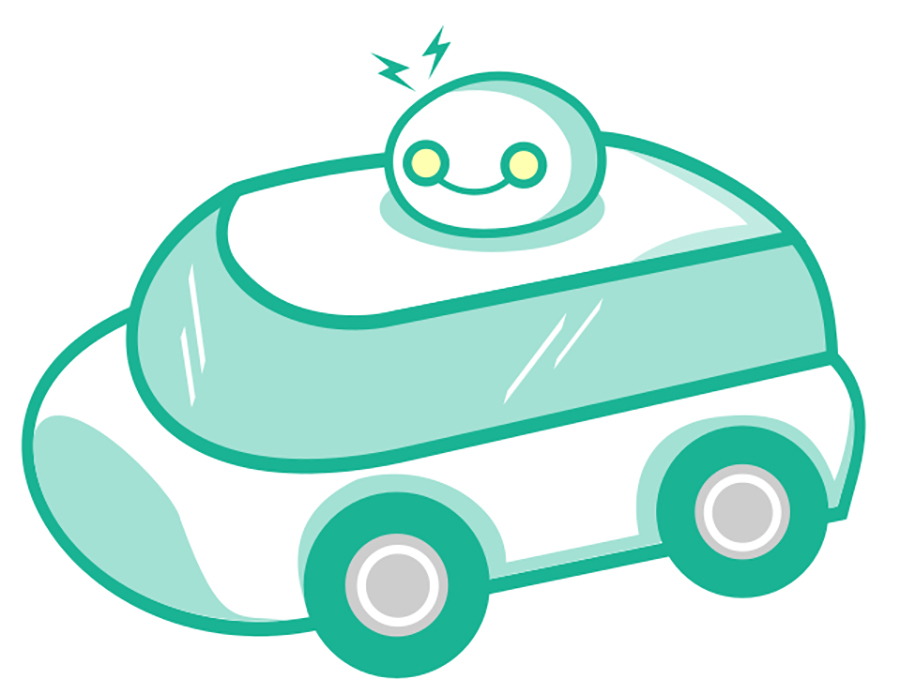Enhancing Autonomous Vehicle Parking with OCEAN: A New Trajectory Planning Approach

The autonomous driving technology has seen breathtaking developments in the past years, and today this development comes in Automated Valet Parking (AVP) technology. The technology of AVP is to make a parking process in which cars travel to a parking place and park without human intervention. What has actually happened is that researchers and the automotive industry have turned their eyes to this innovation, driven by the possibility of added comfort, better utilization of space, and time savings in parking maneuvers. Effective trajectory planning systems, such as OCEAN, therefore remain a critical step toward the realization of fully exploited potentials of autonomous parking technologies that offer not only collision-free but also effective parking solutions.
The Rise of Automated Valet Parking (AVP) Technology
The Automated Valet Parking (AVP) represents a great leap from the industry over the crop of self-parking cars; these still require some level of human intervention, like applying the brake. An idea increasingly capturing the fancy of scientists and carmakers is to grapple with the ever-rising need for convenient and effective parking solutions in densely populated urban environments. Relying on modern advanced sensors and applying artificial intelligence and machine learning algorithms, AVP systems purport to reduce the parking duration and stress from parking, in so doing, showcasing how such technologies can transform routine driving experiences.
Unveiling OCEAN: A Novel Approach to Collision-Free Parking
The researchers from Mach Drive in Shanghai unveil OCEAN, an optimization-based trajectory planner for autonomous parking that ensures collision-free navigation. Openspace Collision-freE trAjectory plaNner used by OCEAN contains high-level algorithms: prediction of positions and velocities in the given timeframes, and projection, to avoid obstacles along the path toward the parking point. The system is thus, in all fairness, a milestone improvement relative to the former models in that it becomes a solution not only more reliable but to be adapted more flexible for the different environs for parking.
Operational Excellence: The Mechanics of OCEAN’s Trajectory Planning
In the trajectory planning of OCEAN, its main innovation is in the use of the Alternating Direction Method of Multipliers (ADMM) to make its computation efficient and robust. The planner in the planner uses an optimization-based hierarchical framework for collision avoidance, with prime usage of the Hybrid A* trajectory for warm-starting the process. Accordingly, the trajectory planning problem is reformulated, and a parallel solution to the trajectory planning is adopted using the Alternating Direction Method of Multipliers to provide highly efficient and robust solutions to the complex quadratic and conic programming problems that are involved in autonomous parking.
Real-World Validation: Testing and Performance of the OCEAN Planner
Simulations and public parking facilities verified the OCEAN planner in the real world. Complex parking situations always seems to benefit from OCEAN. These experiments suggest that OCEAN is feasible for large-scale deployment in automobiles with limited computational resources, allowing it to outperform traditional techniques. These real-world tests would be the first indication of OCEAN’s viability and a significant step toward autonomous parking solutions.
The successful development and real-world testing of the OCEAN trajectory planner resulted in the following autonomous parking technology advances: Improved AVP systems may set a new standard for autonomous automobile parking efficiency, safety, and dependability. New parking experiences will boost autonomous car acceptability and encourage the continued, innovative application of these technologies in autonomous mobility. Autonomous parking systems are certain to succeed, and trials such as OCEAN’s demonstrate how this technology might revolutionize automobile parking perception and management.

